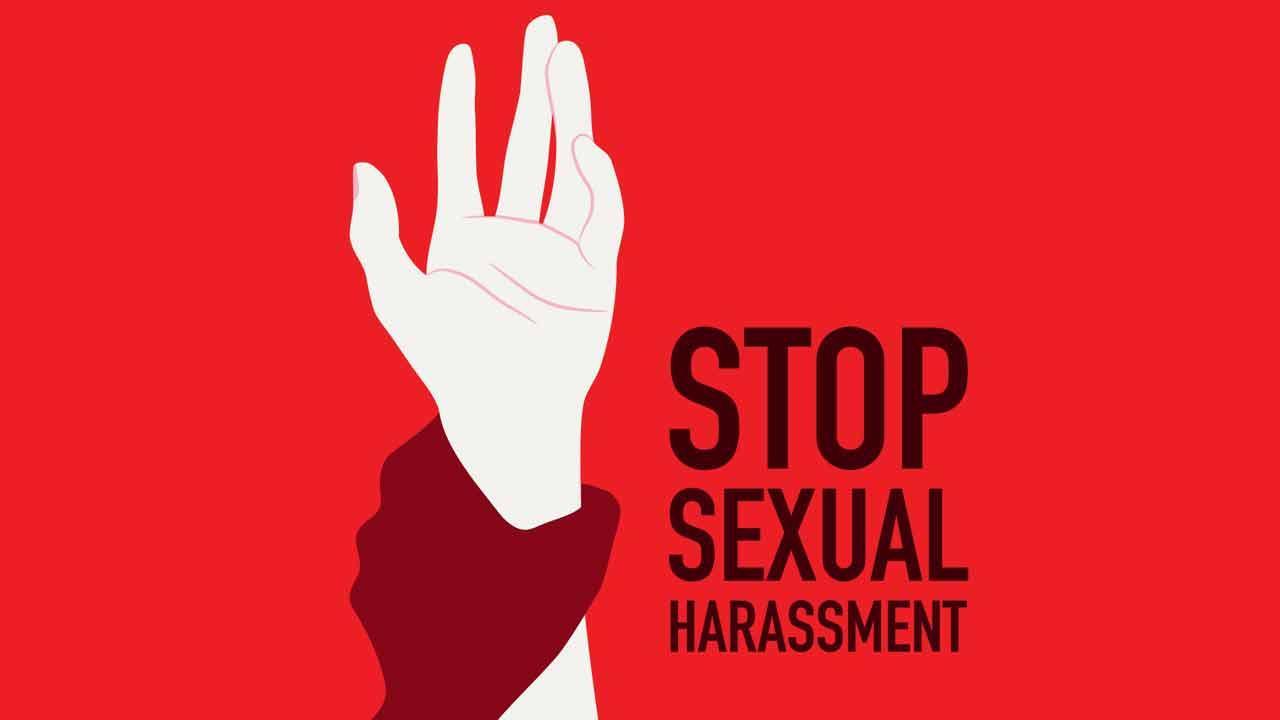Even as rape as the emblem of sexual violence invalidates many other experiences, the Bombay High Court’s recent judgment negates our memories and exhaustion with it

For a long time, rape was rooted in the idea of peno-vaginal penetration and echoed a culture where some kinds of sex and desire are seen as normal. Representation pic
![]() Show me an Indian woman who does not have a history of molestation and I will move to wherever she’s living.
Show me an Indian woman who does not have a history of molestation and I will move to wherever she’s living.
ADVERTISEMENT
Here is my first molestation memory. I was 10 and, as the euphemism goes, ‘developing early’; fully clothed, buying chips at a crowded stall, when the stall owner reached out with both hands and unequivocally squeezed my breasts, leaving me disturbed but confused. The older I grew, the more frequent such things became. College in Delhi meant bearing ‘eve-teasing’ — an innocent sounding word that covers a world of random men on DTC buses rubbing themselves against your shoulder if you sat, your back if you stood struggling for balance or grabbing a quick grope under your winter shawl. The world of work was paved with random unwanted touch.
Sharing these experiences rarely elicited much more than a shrug. It was so common as to be banal and after all, it wasn’t rape or anything, na.
Rape as the emblem of sexual violence — ‘a fate worse than death’ — has done a lot to invalidate many experiences and with it, many rights. For a long time, it was rooted in the idea of peno-vaginal penetration and echoed a heteronormative culture — where some kinds of sex and desire are seen as normal — that of men, but not so much ‘good’ women, that of straight people’s over queer people’s for instance. By implication, everything that is not within the norm becomes precarious.
Even if the law reflects a more expansive, feminist understanding of sexuality today, an attitude of scepticism persists towards those who don’t conform to gendered moral norms — desiring women, trans people, LGBT people. Their identities and sexual experiences remain shadowy, and correspondingly, their right to consent, and their related experience of violence.
As the desire of straight men is not questioned, they themselves are questioned less — the higher up the social ladder, the fewer the questions. As all other desires are suspect, victims tend to be questioned more. The more society plays out this script, the more it conditions us to believe it, the harder it makes it to imagine how it can be otherwise.
Studies of rape complaints have found that a majority of rape and abduction charges were actually cases of consenting inter-caste and inter-religious couples. Similarly, while POCSO is meant to protect the exploitation and abuse of minors, it frequently ends up criminalising young men, in consensual relationships. In caste-based violence, upper-caste rapists repeatedly go scot-free. When victims are middle-class women, and rapists from unprivileged sections, we see a social clamour for death sentences. Workplace harassment is often represented as a troublemaking woman jeopardising a man’s future.
As long as morality — rather than the acknowledgement of desire — determines our attitude to sex, social control — rather than autonomy and choice — is frequently reaffirmed in responses to sexual violence. Morality equates justice with punishment for ‘bad’ things, rather than redressal of harm. This discourages serious conversation about graded penalties in law. The response then becomes to suggest ‘nothing bad happened sex-wise’ aka outraged modesty, rather than violated consent.
The Bombay High Court judgment mirrors these issues, when it locates the question as a bizarre technicality of what sex is (skin-to-skin contact), rather than in the violation of consent and bodily integrity. Such a message negates our experiences of sexual violence, and our expectation of a different future for women, reinscribing the inequalities and elisions that keep producing sexual violence.
The writer is a filmmaker and columnist. Send your feedback to mailbag@mid-day.com
 Subscribe today by clicking the link and stay updated with the latest news!" Click here!
Subscribe today by clicking the link and stay updated with the latest news!" Click here!







